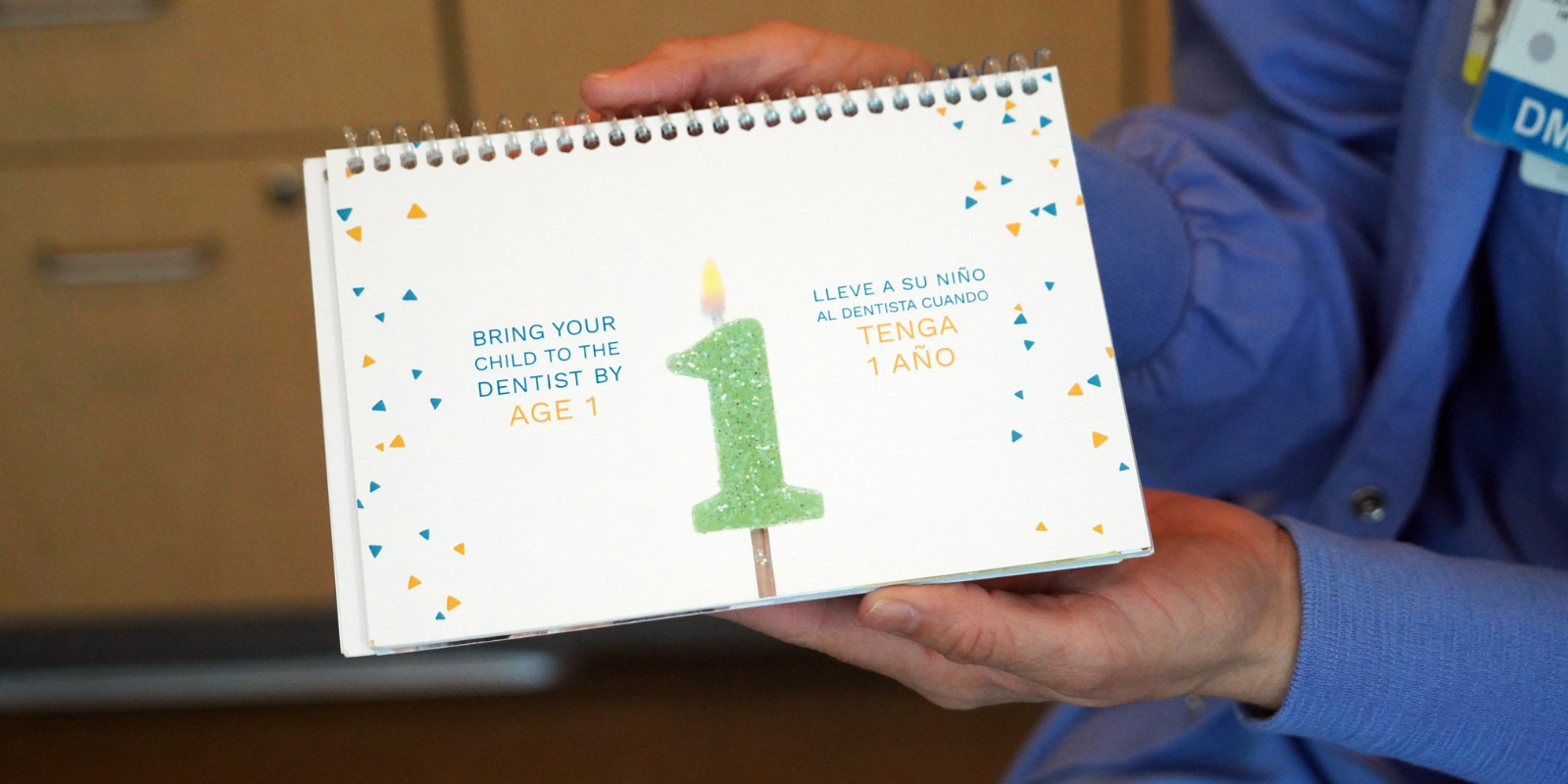Root canals often evoke fear, but preserving your natural tooth whenever possible is always preferable to extraction. Nothing looks, feels or functions quite like your natural teeth. Choosing to consult an endodontist for a conservative intervention to save your natural tooth is always advisable.
So, what exactly is a root canal, and why is it the better option? Emanouela Carlson, DDS ’09, associate professor and chair of the Division of Endodontics at the University of Colorado School of Dental Medicine (CU SDM), shares her expertise.

What is a root canal? How does it work?
A root canal is a procedure used to relieve pain caused by inflammation or infection in the roots of a tooth. During the procedure, the tooth and surrounding area are numbed. Then, an opening is made in the tooth's chewing surface to access the inside. Special instruments are used to clean out infected or inflamed tissue. The canals are then filled and sealed. A temporary filling is placed, followed by a permanent filling or crown.
What causes infection or inflammation in the tooth that would require a root canal?
Patients may need a root canal due to various reasons, including a broken tooth, deep cavity, pain when chewing, sensitivity to temperature, swollen gums, tooth injury, or repeated dental procedures.
Is a root canal painful?
The pain from severe toothaches caused by damaged tissues within the tooth can be effectively alleviated through root canal treatment. Advancements in technology and anesthetics have minimized discomfort during root canal procedures. Endodontists employ pain management techniques to ensure swift and comfortable treatment.
Is a root canal safe?
Claims suggesting that root canal treatment increases the risk of developing illness or contracting a systemic disease are unfounded. There is no credible scientific evidence linking root canal treatment to cancer or other diseases in the body.
Why is it better to have a root canal as opposed to an extraction?
Saving natural teeth is a primary reason. There's nothing that quite matches the look, feel and function of your natural teeth. Extracting a tooth can lead to bone loss over time, or leave a gap, which may require a prosthetic tooth, either an implant or a bridge. A root canal and proper restoration, when possible, can restore full functionality.
You spearheaded the launch of the school’s Save A Tooth program. Can you tell us more about that?
The Save A Tooth program was established to enhance access to tooth-saving treatments on the Front Range. Many patients are compelled to opt for extractions over root canals due to cost, limiting their options for tooth replacement.
Our goal is to empower patients to make informed decision about their options through education. We also aim to alleviate some of the financial constraints along the way.
The program provides root canal treatment at the cost of an extraction ($102) in our Student Clinics. Through this program, Colorado dental providers can refer adult patients (18 or older) who are considering extraction due to financial constraints to CU Dental's Division of Endodontics for treatment.
Since its launch in December 2019, we have completed 338 root canals through the Save A Tooth program, benefiting 307 individual patients.
This initiative has significantly enhanced access to affordable dental care, providing more options for retaining natural teeth.
This interview has been edited for length and clarity.




